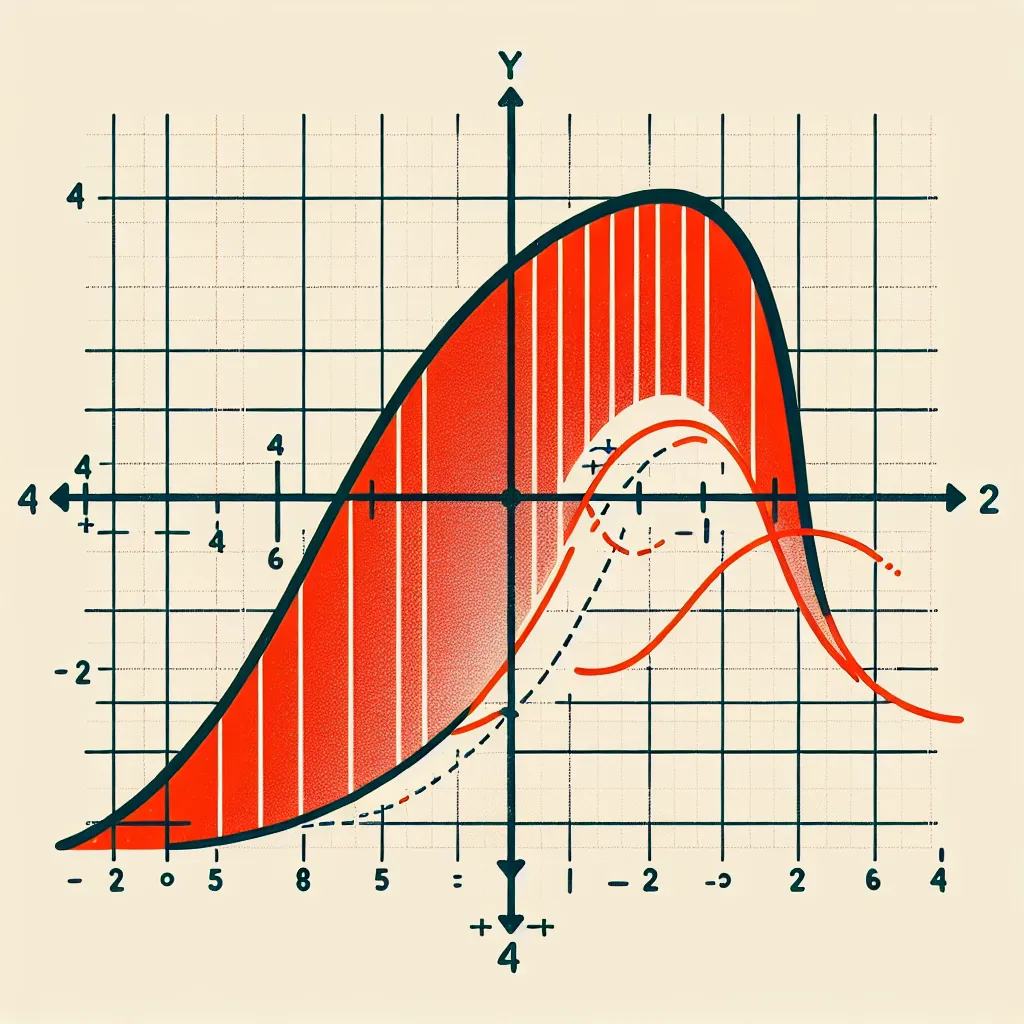Ask AI on The Internet
Question: find the derivative of y=(e^-2x)((1-e^-2x)^-1/2) ...with e being eulers constant
To find the derivative of the function \( y = (e^{-2x}) \left(1 - e^{-2x}\right)^{-\frac{1}{2}} \), we need to use the product rule as well as the chain rule. Let's denote the function as \( y = u \cdot v \), where \[ u = e^{-2x} \] \[ v = \left(1 - e^{-2x}\right)^{-\frac{1}{2}} \] First, we need to find the derivatives of \( u \) and \( v \). ### 1. Derivative of \( u = e^{-2x} \) Using the chain rule for the exponential function: \[ \frac{du}{dx} = \frac{d}{dx}\left(e^{-2x}\right) = e^{-2x} \cdot (-2) = -2e^{-2x} \] ### 2. Derivative of \( v = \left(1 - e^{-2x}\right)^{-\frac{1}{2}} \) Let's use the chain rule for this part also. Let \( w = 1 - e^{-2x} \), so \( v = w^{-\frac{1}{2}} \). First, find \( \frac{dw}{dx} \): \[ \frac{dw}{dx} = \frac{d}{dx} \left(1 - e^{-2x}\right) = 0 - (-2)e^{-2x} = 2e^{-2x} \] Now, find \( \frac{dv}{dw} \): \[ \frac{dv}{dw} = \frac{d}{dw}\left(w^{-\frac{1}{2}}\right) = -\frac{1}{2} w^{-\frac{3}{2}} \] Now use the chain rule to find \( \frac{dv}{dx} \): \[ \frac{dv}{dx} = \frac{dv}{dw} \cdot \frac{dw}{dx} = -\frac{1}{2} \left(1 - e^{-2x}\right)^{-\frac{3}{2}} \cdot 2e^{-2x} = -\left(1 - e^{-2x}\right)^{-\frac{3}{2}} e^{-2x} \] ### 3. Apply the Product Rule The product rule states that if \( y = u \cdot v \), then \[ \frac{dy}{dx} = u'v + uv' \] We already found \( u' = -2e^{-2x} \) and \( v' = -\left(1 - e^{-2x}\right)^{-\frac{3}{2}} e^{-2x} \). Therefore, \[ \frac{dy}{dx} = (u'v) + (uv') \] \[ \frac{dy}{dx} = (-2e^{-2x}) \left(1 - e^{-2x}\right)^{-\frac{1}{2}} + (e^{-2x}) \left[-\left(1 - e^{-2x}\right)^{-\frac{3}{2}} e^{-2x} \right] \] Simplify this expression: \[ \frac{dy}{dx} = -2e^{-2x}\left(1 - e^{-2x}\right)^{-\frac{1}{2}} - e^{-4x}\left(1 - e^{-2x}\right)^{-\frac{3}{2}} \] Thus, the derivative of the given function is: \[ \frac{dy}{dx} = -2e^{-2x}\left(1 - e^{-2x}\right)^{-\frac{1}{2}} - e^{-4x}\left(1 - e^{-2x}\right)^{-\frac{3}{2}} \]
Think your answer is better than the AI's? Post it below.
Other Most Relevant Posts:
 To determine which equation describes the parabola correctly, we can start by noting that the vertex form of a parabola's equation is:
\[ y = a(x-h)^2 + k \]
where \((h, k)\) is the vertex of the pa
To determine which equation describes the parabola correctly, we can start by noting that the vertex form of a parabola's equation is:
\[ y = a(x-h)^2 + k \]
where \((h, k)\) is the vertex of the pa
 1. Correct answer for linear function passing through given points: The zero of \(k\) is -7.
2. Correct answer for graph of \(y = 16(0.5)^x\): The x-intercept is (0.5, 0).
3. The horizontal asymp
1. Correct answer for linear function passing through given points: The zero of \(k\) is -7.
2. Correct answer for graph of \(y = 16(0.5)^x\): The x-intercept is (0.5, 0).
3. The horizontal asymp
Question Tags
If you want your question answered by an AI, click here.





Post your own comment: